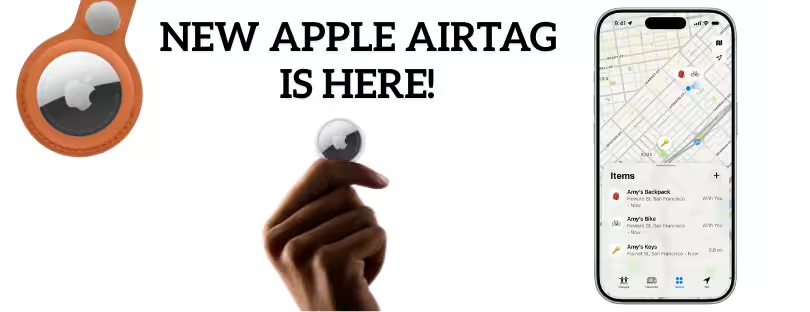
Switzerland to introduce USB-C as standard for common charger
From 2024, consumers will be able to use the same charger for a whole range of electronic devices, regardless of manufacturer; USB-C will be the standard charger format in Switzerland. To this end, the Federal Council adopted a revision of the Telecommunications Installations Ordinance (TIO) at its meeting on November 22, 2023. Further amendments concern regulations on radio equipment to ensure public safety as well as provisions on fees in the satellite sector and for local private networks. Switzerland standard charger
As of January 1, 2024, uniform charging protocols and interfaces featuring the widely used USB-C standard will be introduced for mobile phones and other radio equipment. This also applies to other devices with wireless components, such as tablets, digital cameras, laptops, headphones, e-readers, etc. Devices should also be able to benefit from fast charging using the USB Power Delivery specification. Manufacturers will be required to inform consumers on the packaging as well as in the enclosed information about the charging properties of the device and whether a charger is included. They are also obliged to offer devices without a charger in their product ranges (unbundling).
Advantages of a common charger Switzerland standard charger
At the end of 2022, the EU issued regulations on a common standard for chargers for portable electronic devices and gave the member states around one year to implement the necessary measures. With the partial revision of the TIO, USB-C will be introduced as the standard format in Switzerland at the same time. This means that the agreement between Switzerland and the EU on the mutual recognition of conformity assessments remains applicable to telecommunications equipment.
This results in advantages for Swiss consumers, who can also benefit from a common charger when traveling abroad. Switzerland also shares the sustainability and consumer goals associated with the common charging solution. It will help to reduce electronic waste, curb demand for raw materials, and decrease CO2 emissions during production, transport, and disposal.
Further amendments to the ordinance
Further amendments concern radio equipment used by the authorities (armed forces, Federal Intelligence Service, police authorities, etc.) to protect public safety. The changes are intended to open up this niche market slightly. However, OFCOM will continue to closely monitor the requirements with regard to authorization and licensing. Finally, in view of the considerable technological developments in the telecommunications sector, the fee regulations are also being revised. These concern the satellite sector and broadband local private networks (also known as campus networks).









